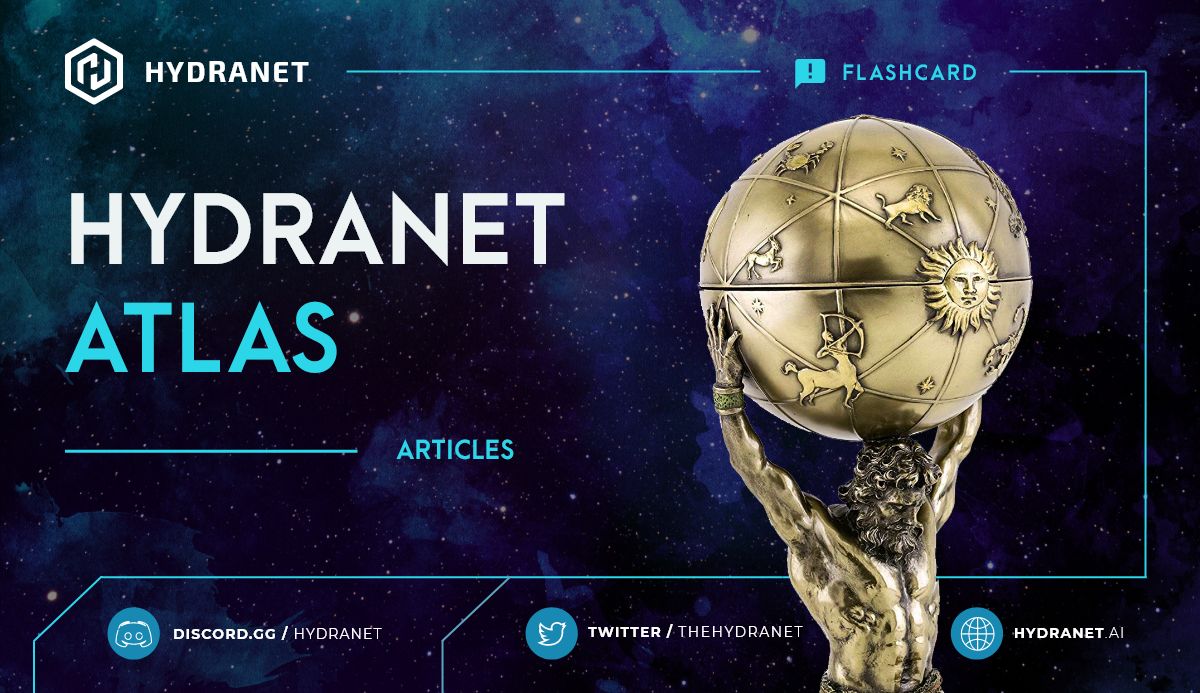The journey of the Hydranet DEX covers three critical phases: Lazarus, Atlas and Phoenix. The first stage was the Lazarus release. This release aimed to unveil a proof-of-concept of BTC/ETH swaps and was the first release to reach a public beta. Since then, major upgrades of the Hydranet DEX has been made. Bugs, both major and minor have been identified and solved, and several features have been added to the DEX. All of these solutions and features will be disclosed to the public in the release named Atlas. Atlas aim to be the final testnet release before the Hydranet DEX is launched on mainnet. For this to become reality we must ensure stable operation of all services on the DEX. In order to do so, the Atlas version is disclosed both to a closed group of testers and openly to the Hydranet community. The closed group testers use pre-defined test scenarios to stress-test the services on the DEX while the community test the overall user experience of the DEX.
As mentioned, the Altas version holds numerous of new features in the Hydranet DEX. We have summarized these features below.
Arbitrum
The most significant feature is probably the integration of the Arbitrum Network. The Arbitrum Network is an Ethereum Layer 2 scaling solution (rollup), built on top of the Ethereum blockchain. It has a much higher transaction throughput than the Ethereum Network and is therefore generally much faster and cheaper than the Ethereum Network. With the Arbitrum Network integrated into the Hydranet DEX, the DEX user will experience fast and cheap onboarding to Connext’s bridging technology*.
* Connext offers fast and secure cross-chain transactions between EVM-based blockchains and rollups (Layer 2 solution).
Simple swap
The simple swap interface was already present before the Atlas version. In the Atlas version it is however aimed to make this feature completely stable. The simple swap feature is an important piece of the Hydranet DEX. The simple swap feature allows users to trade quickly and easy without the need to rent payment/state channels and without the use of an orderbook.
Market Maker Bots
The Hydranet team is very proud to have implemented Market Maker Bots ready to operate 24/7. This is essential as it allows users to test and trade on the Hydranet DEX without any particular activity from other users.
Chainlink Price Feed
The Hydranet DEX has a built-in wallet. The dollar value of this wallet will be determined by price oracles, in our case, the decentralized oracle networks powered by Chainlink. Please note that the market prices in the DEX will solely be determined by the existing limit orders and not by the chainlink price feed.
Goerli Testnet
The Atlas version of the DEX, and the Ethereum related part of it, is now running on the Goerli tesnet. The Goerli testnet was the final Ethereum testnet to switch to the proof-of-stake consensus mechanism before the Ethereum Merge took place. As the old Ethereum testnets (Rinkeby and Ropsten) are getting depreciated, all future Ethereum testing will take place on the Goerli testnet. In other words, the Hydranet DEX is fully compatible and ready for future testing, even with Ethereum 2.0.
Connext Watchtower and Channel Disputes
The MCLW now fully supports the Connext dispute flow and can act as a watchtower for Connext disputes. In short term, the MCLW can now protect the user in case something goes wrong with the payment channels. A user can settle a channel on-chain without the hub being online/responsible. And if a channel gets disputed, it will automatically send the channel state to the on-chain smart contract and withdraw all user assets from the channel.
Read more about the Connext dispute flow here.
We have also started implementing a Connext watchtower that can run on an external server. This means that the user will still be protected against problems with payment channels and can dispute a channel, even when the MCLW is offline.
HDX added as a tradeable asset
The Hydranet DEX needs of course its governance token to be added as a pair too. This is not only essential for our HydraLord community, but will also be one step closer to decentralization of the Hydranet token, HDX
Work-in-progress features:
We would also like to shed some light on two major features being worked on by the Hydranet team. These features are live in their initial versions in the developers’ applications, but they are not yet bug-free. Therefore, we will not include them in the initial ATLAS version of the Hydranet DEX. When the features are working sufficiently, they will be updated without needed interaction from the user. Expectations are that this will occur within a few weeks after the ATLAS release.
Taker-pays-Maker fees
This is one of the unique features of the Hydranet DEX. Liquidity providers (makers) are getting paid to offer liquidity on our DEX. A portion of the trading fee gets distributed to the person who placed the limit order.
Connext DEX Fee Refunds
This improvement helps in the following situation: if a trade fails, the user will get the trading fee he paid for posting the order (now failed) back.
The Atlas version will be available for download from the Hydranet website. Testnet funds can be obtained through Hydranets Discord channel. As with every testnet, do not hesitate to ask questions in the Discord channel if you need assistance.
The Hydranet team is looking forward to your opinions about this testnet version. This is one giant step closer towards a long-awaited maineet release!


Leave a Comment